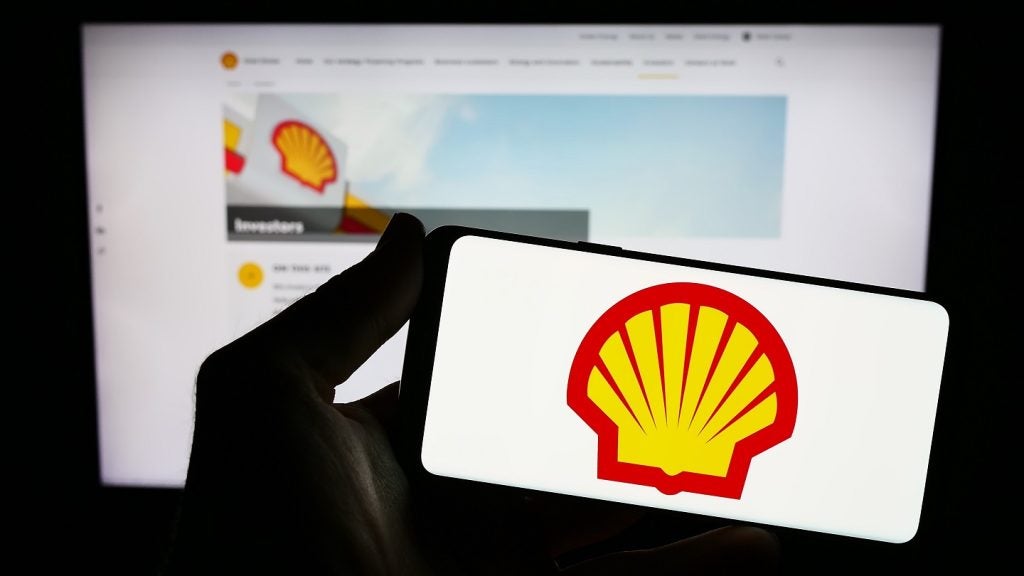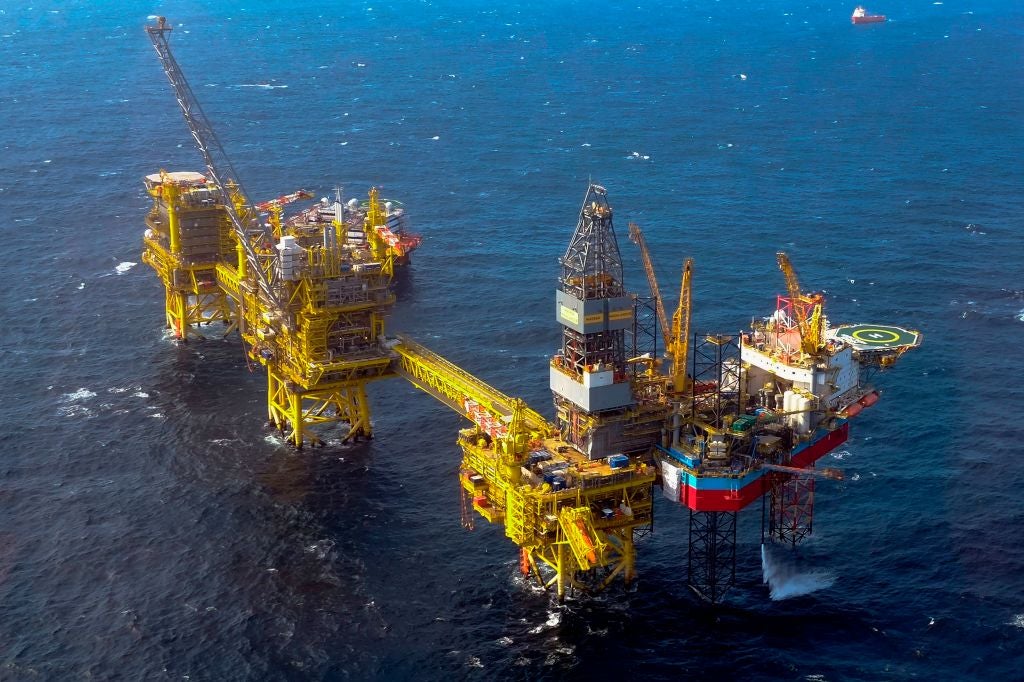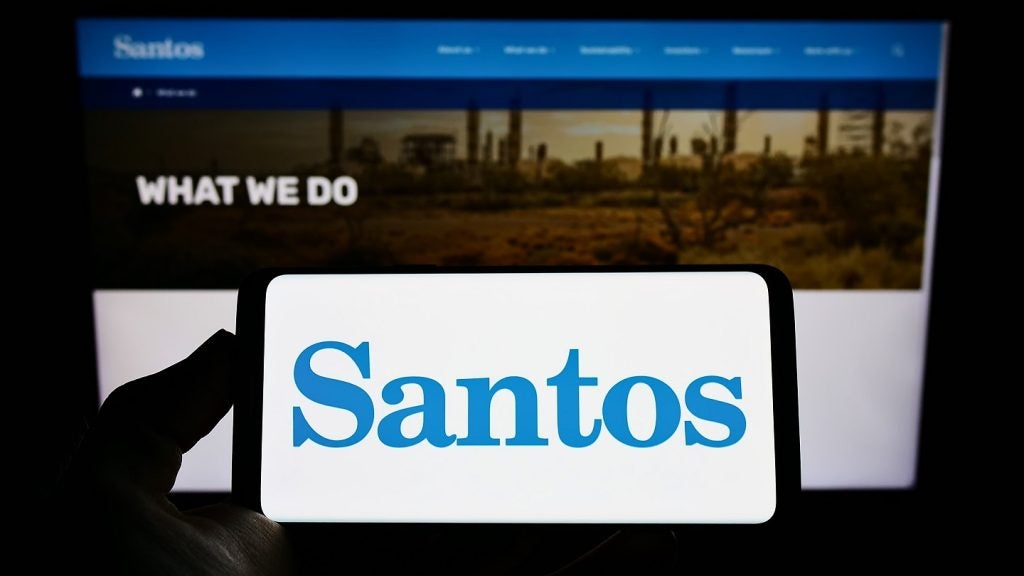Shell, through Shell International Trading Middle East, has entered into a ten-year LNG agreement with BOTAS, the Turkish state-owned oil and gas company.
Under the agreement, Shell will supply up to four billion cubic metres of LNG annually to BOTAS.
This long-term contract, set to commence in 2027, will source LNG from Shell's US and global portfolio, bolstering Türkiye's energy diversification efforts.
The agreement was formalised by BOTAS chairman and general manager Abdulvahit Fidan and Shell LNG Marketing and Trading senior vice-president Tom Summers.
For BOTAS, the deal aims to enhance its LNG access and leverage Türkiye's terminal and pipeline infrastructure to diversify its gas resources.
Türkiye Minister of Energy and Natural Resources Alparslan Bayraktar said: “Our goal in natural gas, 99% of which we imported until the discovery of Black Sea Gas, is to diversify the supply side and offer natural gas to our citizens and industry in a more competitive and affordable rate.
“In this context, we have strengthened our infrastructure with international pipelines, LNG terminals and underground storage projects. The LNG supply agreement signed with Shell today will increase the diversity and flexibility of our portfolio.”
Shell CEO Wael Sawan said: “Building on 100 years of Shell in Türkiye, we are pleased to work with BOTAŞ and supply LNG as it diversifies Turkiye’s sources of natural gas. LNG offers a flexible and reliable source of energy and has a vital role to play in the transition to a lower-carbon energy system.”
Shell aims to expand its LNG business by 20–30% by 2030 relative to 2022 levels.
This growth strategy aligns with Shell's goal to transition to a net-zero emissions energy business by 2050.
Earlier this year, Shell made a strategic investment by agreeing to acquire a 10% stake in the upcoming Ruwais LNG project by ADNOC.
Additionally, Shell secured a long-term LNG sales agreement with ADNOC for the supply of one million tonnes per annum of LNG.
These expansions come at a time when Shell is streamlining its workforce, with plans to reduce its oil and gas exploration staff by 20%.















